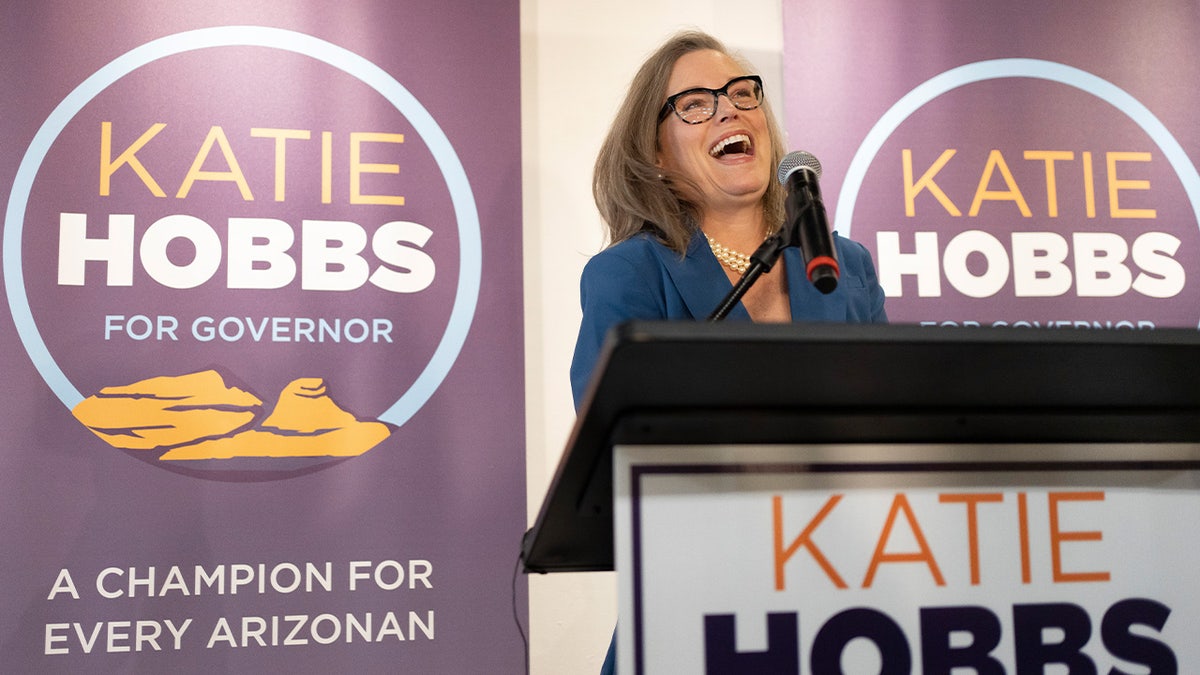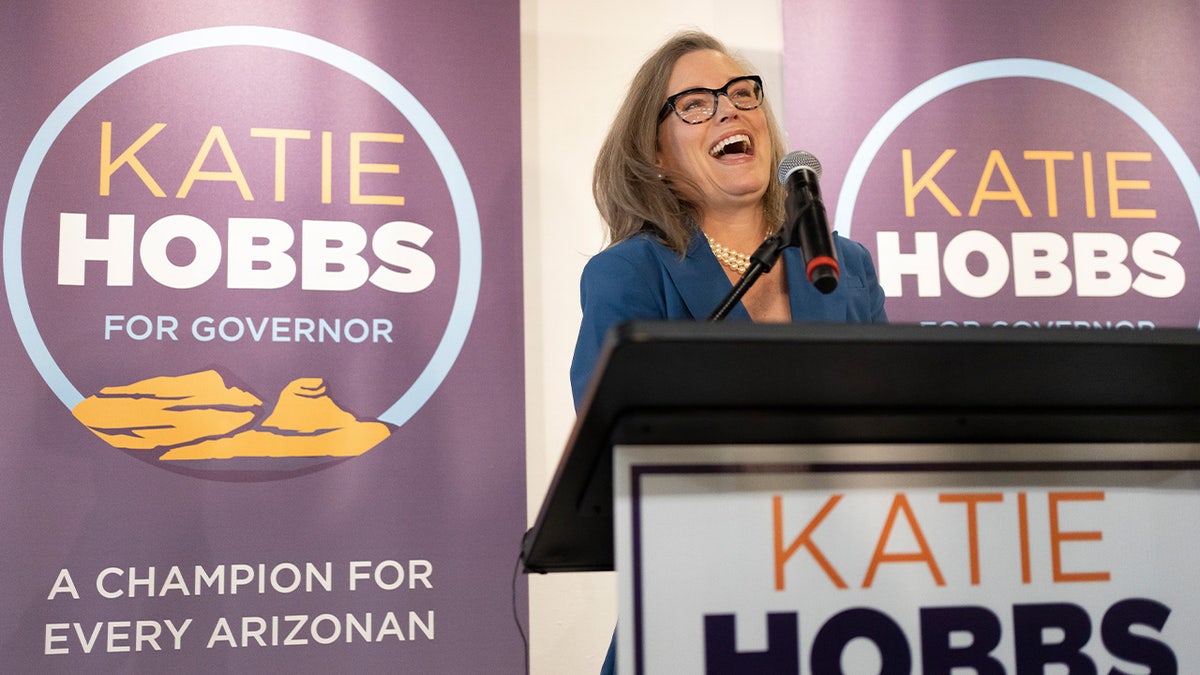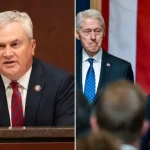
The 2000 presidential election was held up for weeks due to snafus across the state of Florida, and ultimately ended in a Supreme Court ruling effectively deciding that Texas Gov. George W. Bush would be named the victor.
In recent Arizona elections, voters and Republican politicians have complained of similarly grueling canvassing, wait times, alleged technical difficulties and a generally drawn-out process.
“How is it that Florida can have their results at 8:00 at night, and Arizona is the last in the country to report the electoral votes?” State Senate President Warren Petersen, R-Gilbert, asked.
Petersen said that Arizona hopes to learn from Florida’s failures, and how it went from an unwittingly tardy linchpin in a historically narrow election to a well-oiled machine that counts 11 million votes more quickly than some smaller states.
AZ SENATE LEADER URGES BURGUM TO REVERSE OBAMA-BIDEN LAND GRAB AT URANIUM SITES
Petersen referenced what he called the “Florida model” that now restricts “late early” ballot drop-offs at county recorders’ offices – as Grand Canyon State voters could do so on Election Day while Floridians have only until the Friday before.
Tabulations of ballots will also occur on-site at offices, and address verification would occur every two to four years depending on the size of the Arizona county, he said.
Petersen said that such changes are necessary to restore public trust in the election process; something both states have historically struggled with.
In 2000, Bush supporters and conservative activists staged what became known as the “Brooks Brothers Riot” in Miami.
Longtime Republican consultant Roger Stone had reportedly help organize the group of well-coiffed protesters to converge on Miami-Dade County’s election office in hopes of halting the disputed ballot tabulations.
Bush later dubbed one participating lawmaker, then-Rep. John Sweeney, R-N.Y., “Congressman Kick-Ass” for his voraciousness that evening.
In Arizona in recent elections, right-wing activists, including commentator Alex Jones, converged on Phoenix election sites chanting, “1776” and demanding better oversight of the ballot count after allegations flew regarding problems with the long-winded canvassing.
Arizona Democrats, however, appear opposed to Republicans’ reform bill, claiming potential disenfranchisement among other critiques.
Gov. Katie Hobbs said that legislators are “attempting to jam through a partisan bill that guts vote-by-mail and makes it harder to vote.”
NYC COUNCIL MODERATES THRILLED WITH HOMAN MEETING

Katie Hobbs (Getty)
“I offered common sense compromises to count votes faster, and they were rejected. I refuse to let extremists make it harder for Arizonans to vote.”
State Sen. T.J. Shope, R-Coolidge, disagreed, saying on X that he has voted early every election since turning 18 and finds no such issues with the legislation.
“I’ve read this bill over and over again and fail to understand how it ‘guts vote by mail and makes it harder to vote,’ Shope said. “There’s literally nothing in the bill that makes it harder to vote. Sign the Bill.”
Christian Slater, a spokesperson for Hobbs, also criticized AZGOP Chair Gina Swoboda over the legislation, saying the administration tried to “negotiat[e] in good faith,” but that Republicans “refused common sense compromises to protect voting rights.”
Former Rep. Debbie Lesko, R-Ariz., who retired from Congress to pursue a seat on the county board in Phoenix, said she supports the legislation, particularly from the vantage of her new role.
“As a Maricopa County supervisor, I know this legislation will help instill more confidence in our elections process,” Lesko said in a statement.
“Governor Hobbs should sign this bill – it’s the right thing to do for the future of Arizona elections.”
CLICK HERE TO GET THE FOX NEWS APP
Maricopa County – home to nearly two-thirds of the state’s population – would, under the legislation, see its early-vote deadline be set Friday evening prior to election day.
In the other 14 counties, voters who choose to “late early” vote would be required to show ID to county staff – so recorders could skip the time-consuming verification process that can delay the final count.
To push back on allegations of disenfranchisement, the bill would also provide for three days of early in-person voting running up to Election Day proper.
One of Lesko’s counterparts on the Maricopa board said the measure appears nonpartisan.
“This carefully crafted … legislation is a commonsense solution that ensures election integrity while expanding access by adding two extra days to an already nearly month-long early voting period,” said Supervisor Mark Stewart.







